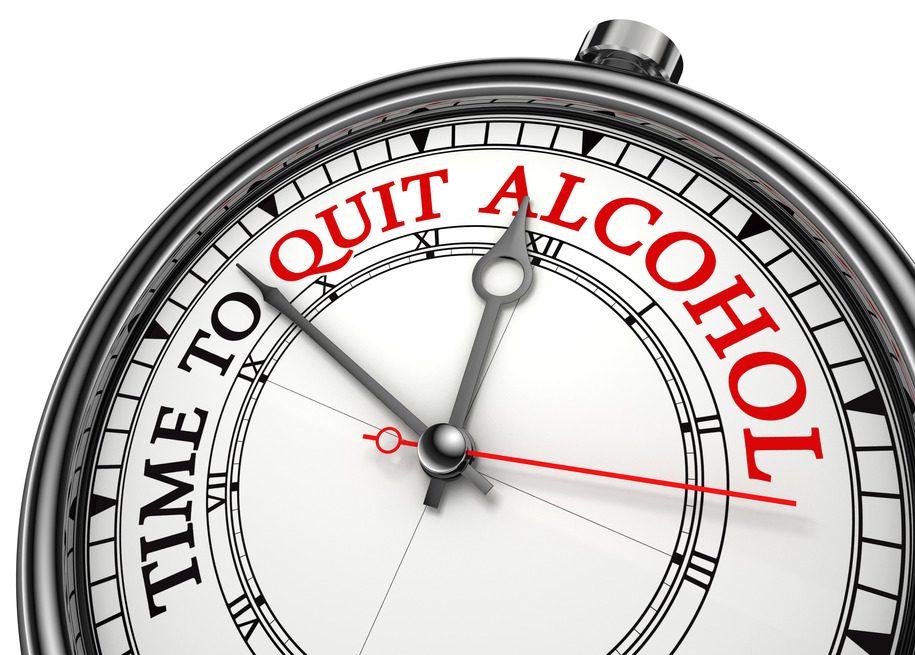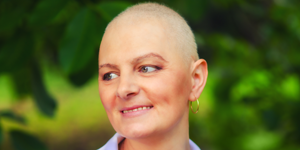Ductal carcinoma in situ
Ductal carcinoma in situ: The earliest form of breast cancer

Ductal carcinoma in situ is the presence of abnormal cells inside a milk duct in the breast.
Ductal carcinoma in situ (DCIS) is the presence of abnormal cells inside a milk duct in the breast. It is believed to be the earliest form of breast cancer in history of the disease. DCIS is noninvasive, meaning it hasn’t spread out of the milk duct to invade other parts of the breast. Doctor Akoury MD and President of AWAREmed health and wellness resource center explains that, this problem becomes evident during a mammogram done as part of breast cancer screening in women. Today the much awareness of the need to have screening done regularly, the rate at which DCIS is diagnosed has increased dramatically in recent years. DCIS is not life-threatening and therefore, treatment has been very effective using breast conserving surgery and radiation.
Ductal carcinoma in situ: Symptoms
In most cases, you will not see any sign or symptoms with DCIS nevertheless, it can sometimes cause signs and symptoms like a breast lump or bloody nipple discharge. And though signs may not be there, regular cancer screening is still very important. You can visit your doctor from time to time or when you notice any change in your breasts like a lump, an area of puckered or otherwise unusual skin, a thickened region under the skin, or nipple discharge.
Ductal carcinoma in situ: Causes and risk factors
It’s not clear what causes DCIS, but normally it forms when genetic mutations occur in the DNA of breast duct cells. This causes the cells to appear abnormal, though not able to break out of the breast duct. Factors that may increase DCIS risk may include:
- Using a combination of estrogen-progestin hormone replacement therapy for more than three to five years after menopause
- Personal history of benign breast disease, such as atypical hyperplasia
- Obesity
- Old age
- Genetic mutations that increase the risk of breast cancer, such as in the breast cancer genes BRCA1 and BRCA2
- First pregnancy after age 30
- Family history of breast cancer
Diagnosis
Breast imaging – DCIS is most often discovered during a mammogram used to screen for breast cancer. If suspicious areas such as bright white specks (microcalcifications) that are in a cluster and have irregular shapes or sizes are identified on your mammogram, your radiologist likely will recommend additional breast imaging.
Removing breast tissue samples for testing – To do this, you may undergo one or more types of breast biopsy procedures like:
Core needle biopsy – A radiologist or surgeon uses a hollow needle to remove tissue samples from the suspicious area, sometimes guided by ultrasound. The tissue samples are sent to a lab for analysis.
Stereotactic biopsy – This type of biopsy also involves removing tissue samples with a hollow needle, but with the help of stereo images, mammogram images of the same area obtained from different angles to find the area of concern.
Surgical biopsy (wide local excision or lumpectomy) – If results from a core needle biopsy or stereotactic biopsy show areas of DCIS, you’ll likely be referred to a surgeon to discuss your options for surgically removing a wider area of breast tissue for analysis.
A pathologist will analyze the breast tissue from your biopsy to determine whether abnormal cells are present and how aggressive those abnormal cells appear. If your mammogram showed microcalcifications, the pathologist will examine the biopsy sample for those abnormalities and give an opinion.
Ductal carcinoma in situ: The earliest form of breast cancer









